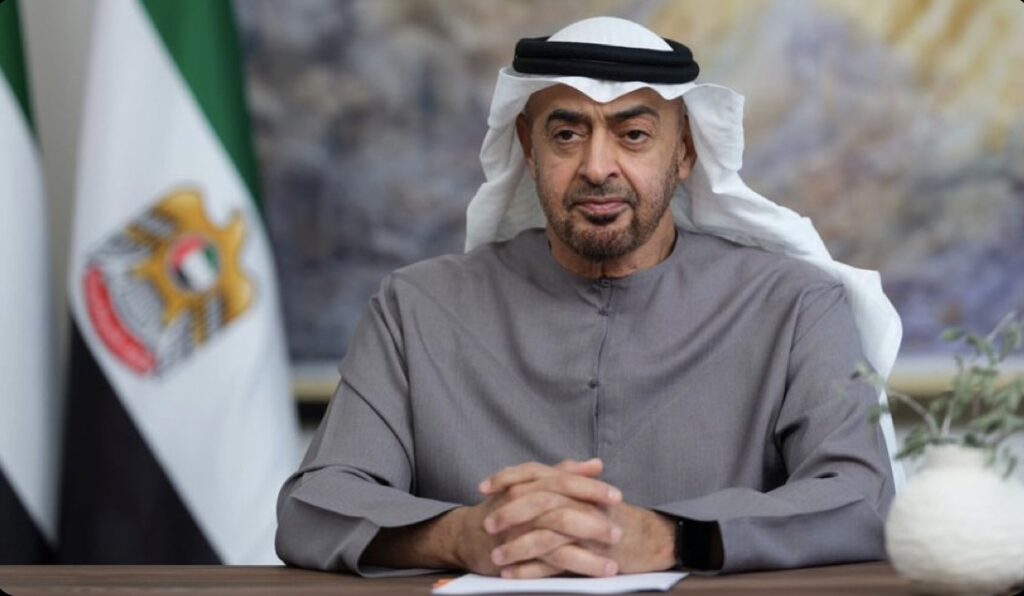Senator Mohammed Tahir Monguno, representing Borno North, has launched an international scholarship scheme to sponsor graduates from his constituency for advanced studies abroad. The programme, unveiled in Maiduguri, will provide 11 beneficiaries with fully funded master’s degree opportunities in India. The initiative, known as the M.T. Monguno Foreign Scholarship Scheme, is aimed at rebuilding human capital in communities devastated by years of insurgency. The scholarship package covers tuition, accommodation, living expenses, laptops, academic materials, visa processing, and flight costs, ensuring the beneficiaries are adequately supported throughout their two-year postgraduate studies. Speaking at the launch, Senator Monguno said the programme was conceived to empower youths with knowledge and skills that would enable them to contribute meaningfully to rebuilding Borno. “Education is the foundation of recovery. By equipping our young people with advanced training, we are preparing them to take part in the reconstruction and development of our state,” he said. He further pledged that the scheme would become an annual initiative to create a steady stream of skilled professionals. The 11 awardees were selected after a competitive screening exercise. Each beneficiary holds at least a Second Class Upper degree in science, technology, engineering, or mathematics (STEM), disciplines chosen deliberately to address the region’s pressing need for technical expertise. Education advocates and community leaders have commended the initiative, describing it as a groundbreaking move in the state’s history. They noted that it marks the first time a legislator from Borno is facilitating foreign postgraduate scholarships for constituents, setting an example for other public office holders to follow. Analysts say the programme aligns with Governor Babagana Zulum’s education-focused recovery agenda, which emphasizes human-capital development as the cornerstone of rebuilding Borno. The expectation is that graduates will return to apply their knowledge in critical sectors such as infrastructure, research, and innovation. While the project has been welcomed, observers point out the need for sustainability and proper integration of returning scholars into the state’s workforce. Ensuring continuity and expanding the programme to accommodate more beneficiaries are also seen as vital steps toward maximising its long-term impact. For now, the scheme represents a significant milestone in education-driven recovery efforts in Northern Borno, offering hope to a generation of young people eager to contribute to the rebuilding of their communities.










